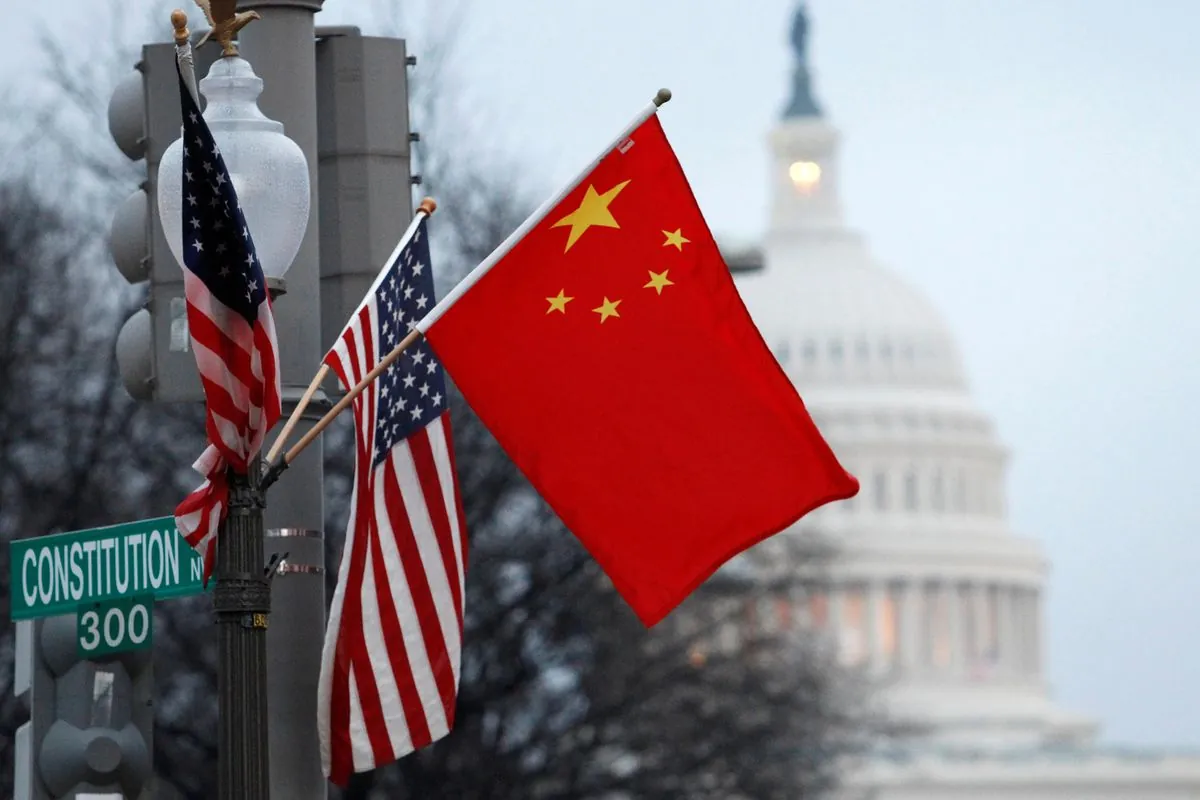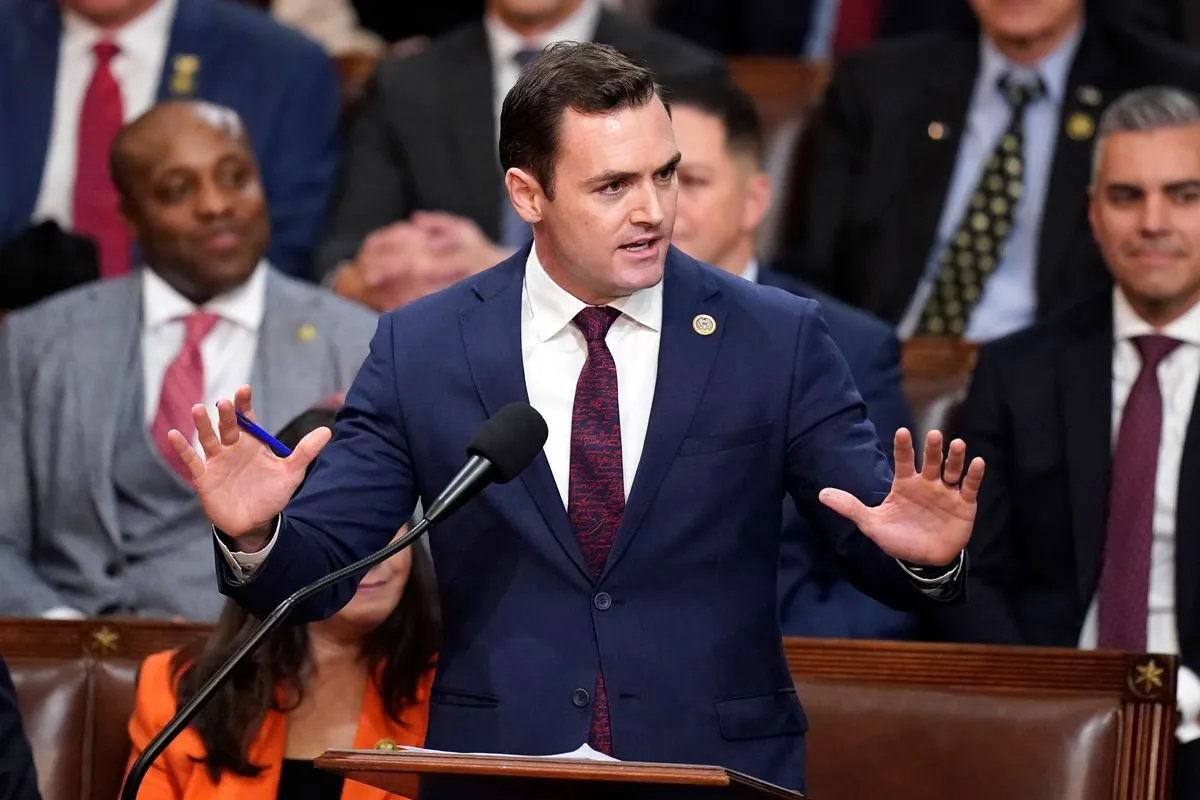GOP's "China Week" Sparks Debate on US-China Policy Approach
House Republicans introduce China-focused bills, drawing criticism from Democrats. The move highlights bipartisan concerns over China's influence but raises questions about timing and effectiveness.

In a strategic pre-election move, House Republicans have launched "China Week," introducing a series of bills aimed at addressing various aspects of US-China relations. This legislative blitz, occurring in September 2024, has ignited a debate on the approach to managing America's complex relationship with its most formidable global competitor.
The initiative comes amid a broader context of increased legislative focus on China. According to the Center for Strategic and International Studies (CSIS), the 118th Congress has seen nearly 600 China-related bills introduced since its inception in January 2023. However, only a small fraction of these proposals have successfully navigated both chambers to become law.
Republican leaders, including House Republican Conference Chair Elise Stefanik, have framed this legislative push as a response to what they perceive as the Biden-Harris administration's "failed foreign policy of appeasement." The GOP's move enables lawmakers to return to their districts this fall with a clear message of being "tough on China," as noted by Craig Singleton, a China fellow at the Foundation for Defense of Democracies.

Democrats, while acknowledging the importance of addressing China-related issues, have criticized the timing and effectiveness of the GOP's approach. Gregory W. Meeks, the top Democrat on the House Foreign Affairs Committee, questioned the usefulness of the exercise, pointing out that funding cuts to the State Department and USAID could undermine efforts to compete with China.
The "China Week" proposals cover a wide range of issues, including:
- Biosecurity measures
- Oversight of Chinese officials' finances
- Restrictions on Chinese drones
- Surveillance of suspected Chinese espionage
- Limitations on university partnerships with Chinese entities
- Restrictions on tax credits for Chinese electric vehicle technology
Some of these bills have garnered bipartisan support, while others have passed solely with Republican votes. Notably absent from the lineup are several potentially impactful bills, such as initiatives to regulate outbound US investments and revoke China's preferential trade status.
"The members are very serious and want to help move our country in a better direction. Some bills are still a work in progress, where we're tweaking and making some improvements in the process, and that's typical. We expect to continue to build on this momentum in the weeks ahead."
This legislative push occurs against the backdrop of recent diplomatic engagements between Washington and Beijing. Since November 2023, when the two sides agreed to reopen military-to-military communications, the Biden administration has overseen modest improvements in relations. However, Republicans have characterized such engagement as a sign of weakness.
As the fall 2024 elections approach, the debate over US-China policy is likely to intensify. While there is broad bipartisan agreement on the need to address challenges posed by China, the most effective approach remains a subject of ongoing discussion and political maneuvering.


































